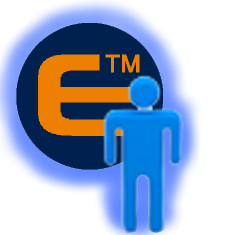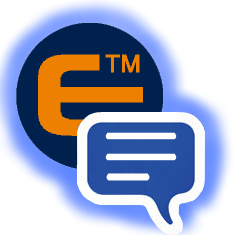How to develop with Eclipse IDE under IGEP Technology
From IGEP - ISEE Wiki
under construction
Contents
[hide]Overview
This guide can be helpful to learnt to develop applications under IGEP Boards using Eclipse IDE and IGEP SDK Yocto Toolchain.
Requirements
There are some requisites to follow this guide:
- IGEP SDK VM: follow the IGEP SDK SOFTWARE USER MANUAL (chapter 2.3 "Setting up and running the VM") or install Eclipse IDE
- IGEP Processor Board
- MicroSD Card (optional: If you want to upgrade your IGEP Firmware)
- Eclipse Examples (link it)
Pre-installed software on IGEP Processors Boards
(from Pre-installed software on IGEP Processors Boards)
Overview
If you have a brand new IGEP Processor Board you must know that it comes with a firmware provided and installed on it by ISEE.
By default, if you power up your board it will run the software on the flash. But you can prepare a MicroSD card and boot from it by inserting it to the MicroSD card reader of your IGEP Processor Board, as it has more priority than the flash.
The pre-installed software consists of a minimal Linux-based distribution with a lite X Window System and GNOME Mobile based applications created with Yocto Platform Builder.
About the pre-installed software
The pre-installed software consists of:
- IGEP X-loader: a bootloader compatible with all IGEP Processor Boards.
- IGEP Kernel: a Linux Kernel maintained by ISEE.
- IGEP firmware Yocto: the software distribution consists of a lite X Window System and GNOME Mobile based applications created with Yocto tools
For more information about these specific sotware, read the following articles:
Other useful articles:
- How to create a SD-card with the latest software image
- Update the PRE-INSTALLED software
- How to Create a bootable MicroSD card for IGEP devices

|
If you have any question, don't ask to ask at the IGEP Community Forum or the IGEP Community Chat | 
|
Using Eclipse IDE
(from How to install Eclipse IDE)
Eclipse is a multi-language software development environment comprising an integrated development environment (IDE) and an extensible plug-in system. It is written mostly in Java. It can be used to develop applications in Java and, by means of various plug-ins, other programming languages including Ada, C, C++, COBOL, Haskell, Perl, PHP, Python, R, Ruby (including Ruby on Rails framework), Scala, Clojure, Groovy, Android and Scheme. One of these interesting plugins is the Yocto Eclipse IDE Plug-in.
The Yocto Eclipse IDE Plug-in integrates the functionality of the Yocto Project Application Development Toolkit (ADT) and toolchain into the Eclipse IDE. This allows its users direct access to deploy, build, run and debug your own project. More information about Eclipse software here.


